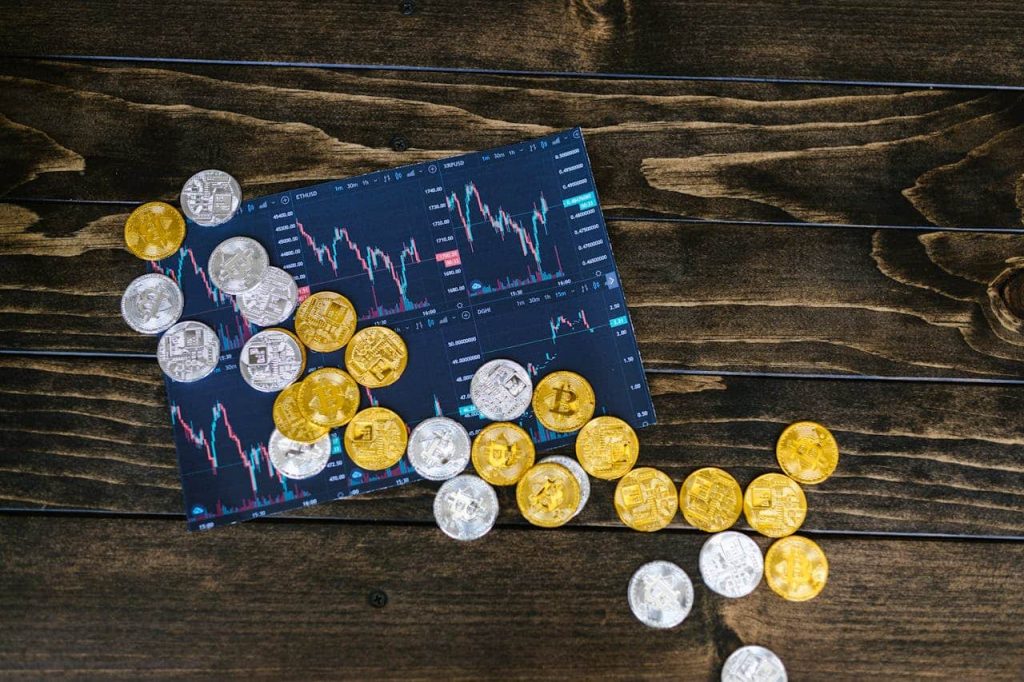12-14 July / New York
Master Your Finances
Event Overview
Join Our Financial Workshop
Discover What to Expect
Workshop Schedule
6:00 PM
Scheduled Event 1
7:30 PM
Scheduled Event 2
9:00 PM
Scheduled Event 3
10:30 PM
Scheduled Event 4
12:30 PM
Scheduled Event 5
Engage in insightful sessions and interactive discussions throughout the event. Participants will enjoy hands-on learning experiences aimed at enhancing financial literacy.
Presenters
Meet Our Expert Financial Presenters

John Doe

Jane Smith

Mike Johnson

Emily Davis
Secure Your Spot Now
Don’t Miss Out on This Opportunity
Moments
Relive Unforgettable Moments from Our Past Events






Organizers Team
Meet the Dedicated Team Behind This Event

Alice Brown
Alice is the founder of Learn Archive and a financial coach. With over 15 years in the industry, she is committed to promoting financial education.

Tom Wilson
Tom is a marketing specialist with extensive experience in event management. His innovative approaches help in creating impactful learning experiences.

Sara Lee
Sara is an events coordinator with a passion for community engagement and financial empowerment. She works tirelessly to ensure all events are successful.
Ready to Transform Your Finances?